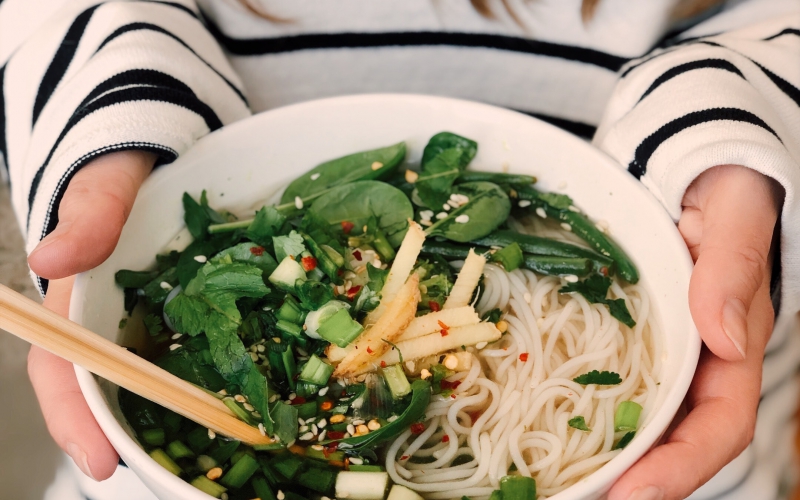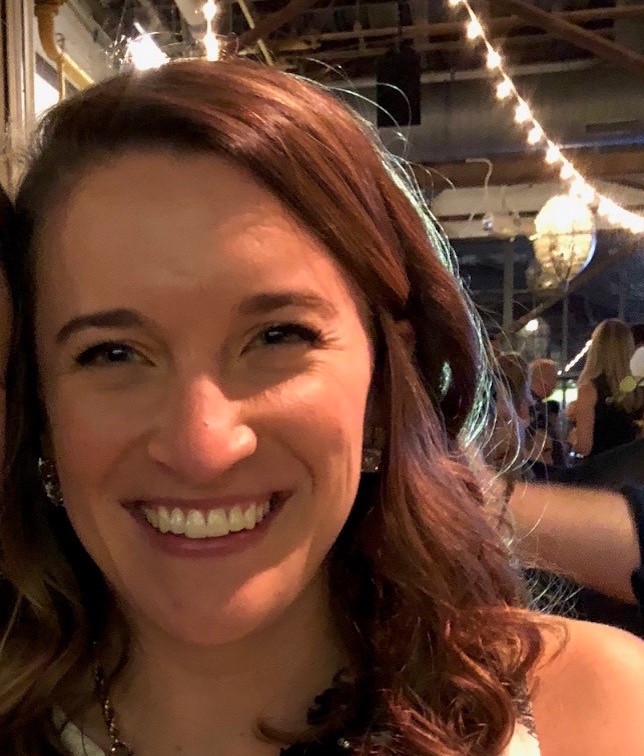
Guest post by Chelsea Keeler, LSW, leukemia & lymphoma social worker, Children’s Hospital of Philadelphia
Learning that someone in your community now has a child with cancer can leave you feeling helpless or uncertain. You want to help but don’t know how.
You can support the family in a number of ways—providing concrete resources such as food, helping with sibling needs or household tasks, and providing critical emotional support. Below, consider some dos and don’ts that have made a difference for other families in these shoes:
DO reach out to offer help now and often.
A new cancer diagnosis is overwhelming and scary, and no family should feel as if they’re going through it alone. Often there is an outpouring of love, support and offers of assistance in the very beginning and families might say they don’t need anything. However, this is a time when families cannot process or imagine what they’re going to need.
So, keep reaching out. Someone new to this may not realize that they’re going to need someone to mow the lawn on day one, but by the third month of treatment, they start to realize that these household tasks are falling behind.
One suggestion: set up a Google calendar (with the link, it can be accessible to anyone in your network!) and write various household tasks on relevant days: taking out the trash, doing laundry, watering flowers, mowing the lawn, walking the dog–and then organize your network into signing up for tasks throughout the months of treatment.
DON’T automatically send a lasagna (or meals in general) without asking.
Yes, people need to eat. For the first number of days after a cancer diagnosis, however, there’s a strong possibility that no one is even home to eat this food you mindfully prepared. And throwing out rotten, homemade food adds emotional stress and time and energy in an already heavy situation. Freezers only have room for so many lasagnas.
Food can be overwhelmingly helpful, though, once families are settled into the treatment routine and spending entire days at appointments or in therapy. Ask your loved one what days they need meals during the week–you can make a sign up online and people can pre-arrange to deliver food for those days.
You can also consider arranging for online grocery delivery of staples and snacks, so the family always has something to grab in a pinch.
DO offer to help with siblings–their lives have been turned upside down.
No childhood cancer parent feels like they’re being a 100-percent good parent to all of their kids. Treatment can be so demanding that siblings lose normalcy in almost every aspect of their lives. They’re not seeing their sick sibling or their parents as often and they worry that they may lose their sibling or their parents, they even worry that they may also become ill.
Sibling care may be handled in the immediate aftermath of a diagnosis while parents are in the hospital, but sibling needs continue throughout the entire treatment journey. Offer to drive them to or from their hobbies, sports or activities, because that may be the only way they get to do them. If you’re taking your kids to the zoo for the afternoon, offer to bring a sibling along. Encourage your children to stay connected to their sibling friends or relatives.
DO remember that this is a long journey, and sometimes there is no silver lining.
Cancer treatment is long, and it can be hard to find the right words to say to a loved one in such a difficult time. Sometimes there are no words that make it better and parents are simply looking for someone who will listen.
For some, there is no silver lining and parents aren’t looking for a “fix” – they’re looking for open ears and a caring heart. Reaching out to say the truth (“this is so difficult and unfair”) can be so much more helpful than saying impersonal motivational phrases (“but this will make you stronger!” or “this happened for a reason”). Sometimes, parents want to talk about what is going on with their child in their treatment, and sometimes they’d rather talk about literally anything else. Ask them what they need. Ask them how you can help. Ask if you can come over with coffee to give them a break. And most importantly, keep asking.

Chelsea Keeler is an oncology social worker in Philadelphia, PA. She completed her Master of Social Work from the University of Pennsylvania and has been working with children with blood cancers for three years. When she is not meeting families at the hospital, you’ll find her at the beach or taking her Siberian Husky, Tala, for hikes along the Wissahickon.

